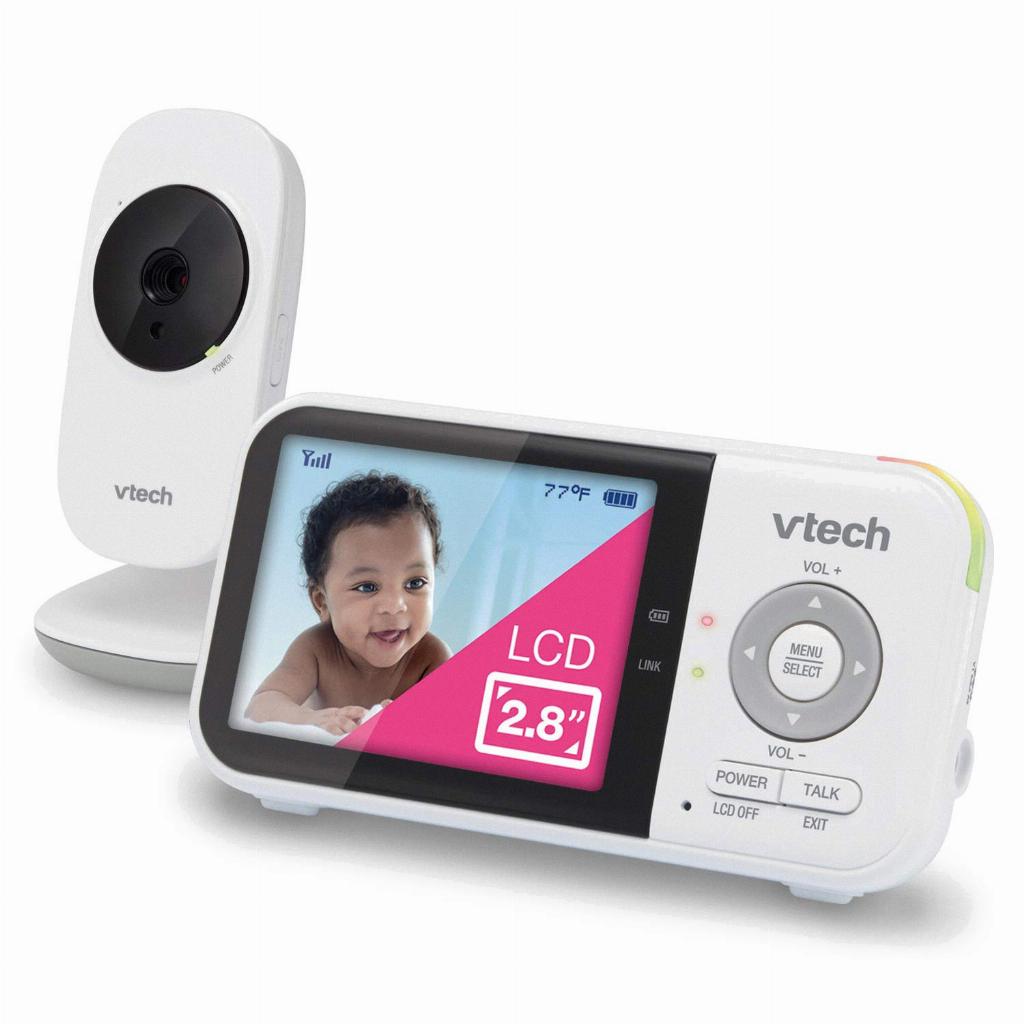When it comes to ensuring the safety and well-being of our little ones, many parents look towards technology to provide that extra layer of security. Owlet baby monitors, with their promise of monitoring a baby’s heart rate and oxygen levels, have gained popularity in recent years. However, the question that often arises is: why don’t pediatricians recommend Owlet?
The Effectiveness of Owlet Baby Monitors
Owlet baby monitors are designed to track a baby’s heart rate and oxygen levels through a sensor that is placed on the baby’s foot. While the idea behind these monitors sounds reassuring, it is essential to understand that Owlet and similar devices fall into the category of wellness devices rather than medical devices approved by the FDA.
The truth is that Owlet and other home cardiorespiratory monitors have not been proven to reduce the risk of Sudden Infant Death Syndrome (SIDS) or prevent any other health-related issues. Unlike the medical-grade monitors used in hospitals, Owlet’s primary function is to provide parents with peace of mind rather than a reliable diagnostic tool.
Reasons Why Pediatricians may not Recommend Owlet
There are several reasons why pediatricians may not recommend Owlet baby monitors to parents. Firstly, pediatricians are trained medical professionals who rely on evidence-based practices to assess and monitor a child’s health. As Owlet is categorized as a wellness device, it lacks the accuracy and reliability required for medical diagnosis.
Secondly, pediatricians may discourage the use of Owlet monitors due to the false sense of security they can provide. Relying solely on a consumer-grade monitor like Owlet may lead parents to overlook other essential aspects of infant care, such as safe sleep practices and regular pediatric check-ups.
Owlet Baby Monitor Alternatives and Recommendations
While Owlet baby monitors may not have the endorsement of pediatricians, there are alternative monitoring methods that pediatricians often recommend. Traditional audio and video monitors can help parents keep an eye and ear on their babies while they sleep, without the added complexity of health data tracking.
For parents who are particularly concerned about their baby’s health, regular check-ups with a pediatrician, following safe sleep guidelines, and ensuring a safe sleeping environment are crucial factors in reducing the risk of SIDS and promoting overall infant well-being.
Conclusion
In conclusion, while Owlet baby monitors may offer a sense of reassurance to parents, it is essential to understand their limitations and the reasons behind pediatricians’ reluctance to recommend them. Ultimately, the safety and health of our little ones are best ensured through evidence-based practices and regular healthcare monitoring rather than relying solely on consumer-grade wellness devices like Owlet.

